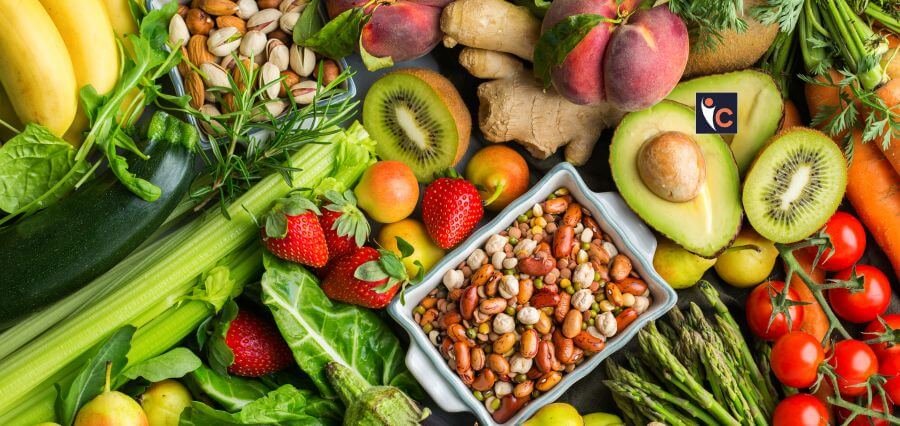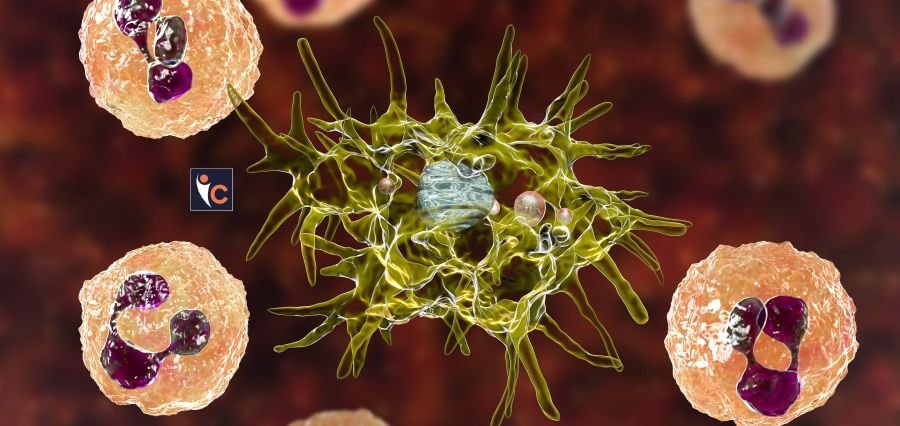On World Parkinson’s Day, experts emphasized the crucial role of diet in managing Parkinson’s disease, as it can mitigate the risk of weight loss and malnutrition associated with the condition. Observed annually on April 11, World Parkinson’s Day aims to increase awareness about the neurological disorder characterized by progressive motor function impairment, including tremors, muscle contractions, and difficulty in speech, eating, and sleeping.
While there is no singular “superfood” for Parkinson’s disease, maintaining a well-balanced diet is essential. Incorporating plenty of whole foods such as fruits, vegetables, lean protein sources, beans, legumes, and whole grains, along with sufficient hydration, not only enhances overall well-being but also helps patients better manage the symptoms of the disease.
“Parkinson’s disease is defined as a neurodegenerative disorder that impacts the quality of life and decreases nutritional status. Nutrition may modify the risk factors but there is no preventive curative therapy as per studies. No single nutrient acts like a superfood but it is a combination of functional foods and dietary patterns that impacts the risk of disease,” Sweedal Trinidade, Chief Dietician, P. D. Hinduja Hospital & MRC, Mahim, told the sources.
“Regular monitoring of nutritional status is vital for individuals with Parkinson’s disease as poor nutrition can significantly impact their health outcomes. Parkinson’s patients often experience significant weight loss, increasing the risk of malnutrition and exacerbating disease severity. Therefore, it’s essential to maintain a balanced diet, consume meals at shorter intervals, and ensure adequate hydration,” added Charu Dua, Chief Clinical Nutritionist, at Amrita Hospital, Faridabad.
The experts highlighted the importance of incorporating healthy fats and spacing out protein consumption throughout the day to optimize medication effectiveness and support muscle health. Sweedal underscored the significance of consuming an antioxidant-rich diet, which is known to slow down the ageing process and provide neuroprotective effects.
“A diet abundant in fruits and vegetables offers a sufficient supply of antioxidants, including vitamins A, B, C, and E, which are known to mitigate oxidative stress and reduce the risk of developing Parkinson’s disease,” she explained. Sweedal recommended incorporating fresh fruits and vegetables rich in lycopene, beta carotenoids, and riboflavin, such as tomatoes, potatoes, peppers, cauliflower, cabbage, and broccoli. However, she cautioned against excessive dairy consumption, citing studies indicating a potential correlation between high dairy intake and decreased serum uric acid levels, which are inversely associated with Parkinson’s risk. Nonetheless, further research is required to corroborate these findings across genders.
Meanwhile, Charu emphasized the importance of a high fiber diet in preventing constipation, a prevalent issue among Parkinson’s patients. She suggested incorporating flavonoids from sources like soy, which are known for their bone-strengthening effects and may provide neuroprotective benefits. Similarly, foods rich in polyphenols, such as berries, nuts, broccoli, and olive oil, contain antioxidant properties that could potentially shield against neurodegeneration, according to the expert.
Read More: Click Here





